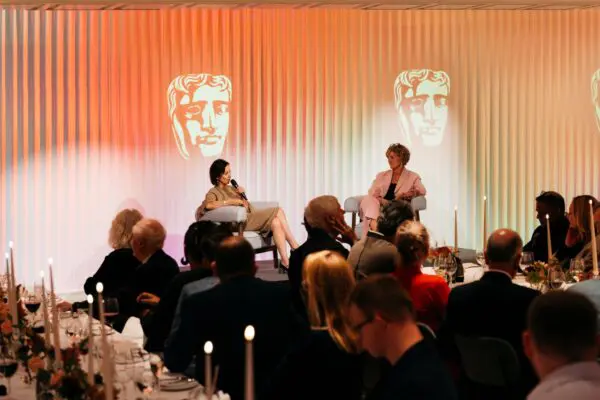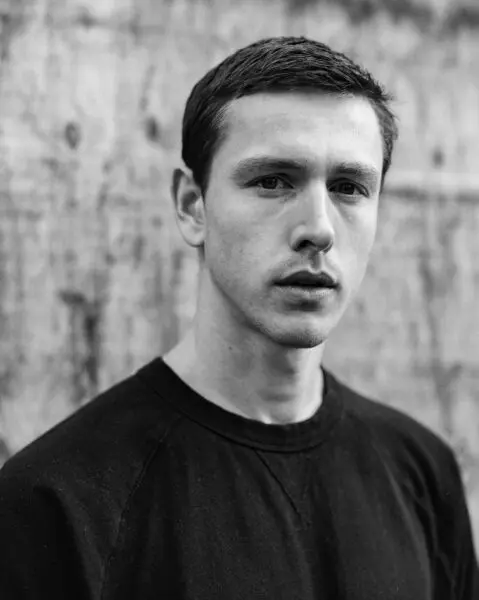What comes to mind when you think about climate refugee stories on screen? Are they powerful documentaries that give a voice to the unheard and advocate for change? Or would you consider a survival film like The End Where We Start From, or family adventure Paddington in Peru? Stories about refugees displaced because of climate change can come in many forms, but they all have the power to raise awareness and inspire audiences.
As part of BAFTA’s and BAFTA albert’s 2025 Green Light Season, filmmakers, climate content change-makers and activists took part in a special Refugee Week Q&A in partnership with Counterpoints Arts and Climate Spring. Hosted by Ade Adepitan, the conversation explored the responsibility of the screen industry to tell stories about climate refugees with dignity, authenticity, and agency in narratives that confront one of the most pressing issues of our time.








